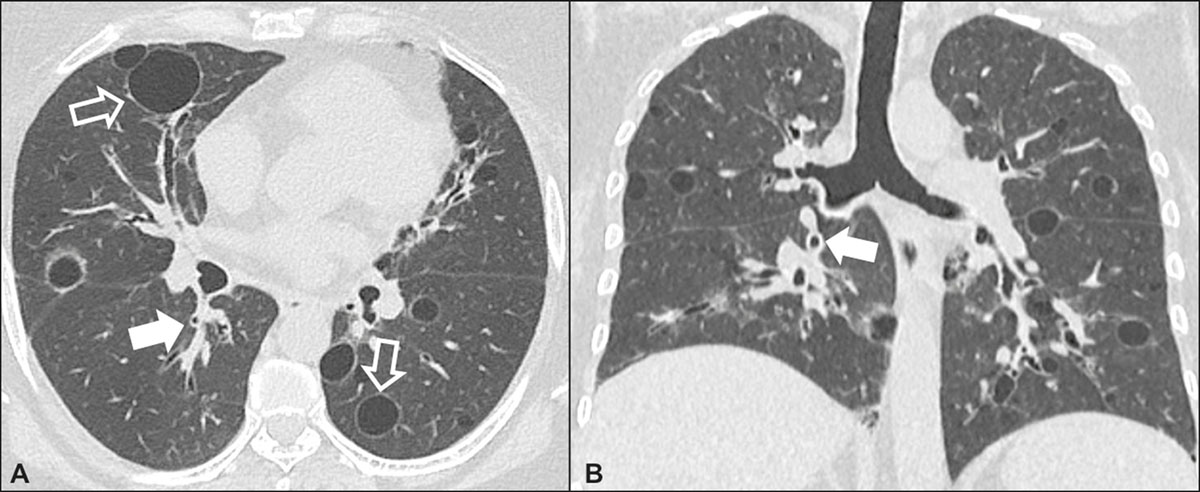
Pneumonia is an inflammatory condition of the lungs, to be more precise inflammation of the lung parenchyma. Inflammation leads to swelling of alveoli and accumulation of fluid inside these sacs. Pneumonia is caused either by the bacteria or viruses. This inflammatory disease most frequently affects elderly people and small children. Pneumonia also occurs more in people who suffer from heart and lung disorders, diabetes, HIV, kidney failure and immune deficiencies.
Symptoms of Bacterial Pneumonia
Bacterial Pneumonia typically features with a very high fever and chills. Patients may experience rapid heart beat and they suffer from pain in the chest, frequent coughing and additional breathing problems. In severe form of the infection one may suffer from shortness of breath. Patients are exhausted and the level of energy is low. Loss of appetite and consequent loss of weight also accompany this inflammatory disease.
What are Pneumonia Shots?
The pneumonia shots are used to treat pneumonia caused by Streptococcus pneumonia, one of the most common causes of bacterial pneumonia. These shots are highly effective in reduction of symptoms of pneumonia and they may even save lives of most endangered patients. Desirable results of the standard treatment with antibiotics cannot be achieved in all patients. This is why they may benefit from pneumonia shots.
Pneumonia shots are administered in the upper arm. A single shot is usually enough but if there is need patients may be administered another shot. The second pneumonia shot is usually given a few days after the first one and it is only given to patients with intensive symptoms.
Pneumonia shots assist in battle against bacteria which cause pneumonia but they can be also used in prevention against infections of other organs caused by Streptococcus pneumonia such as meningitis and bacteremia.
Pneumonia Shots - Side Effects
These shots are considered very safe. However, certain side effects have been reported. The most common side effects are pain, swelling and redness at the injection site. These symptoms are part of local reaction to the shot and they usually withdraw spontaneously after certain period of time. Some patients may develop a sore lump at the injection site. And finally, pain can affect numerous joints and muscles in the body.
Apart from the pain additional side effects include very high fever which requires urgent medical help. Furthermore, there have also been allergic reactions to the shot such as skin rash and swelling of the throat. Dizziness and tachycardia may also occur after vaccination. Headaches occur either alone or are caused by a drop in blood pressure.





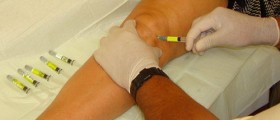
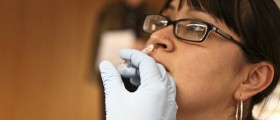

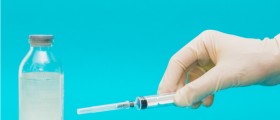
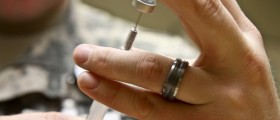





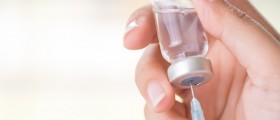

Your thoughts on this
Loading...